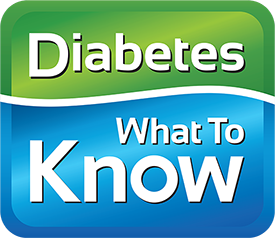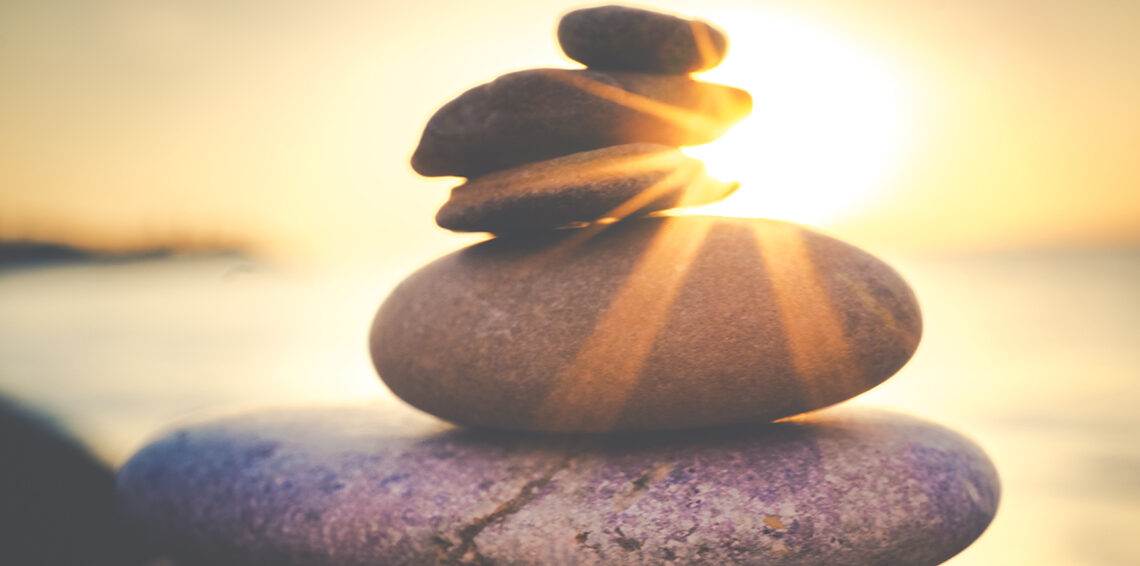By: Madeleine Ortiz
When my husband and I decided to be homeowners we expected there to be some stress. We envisioned occasionally having to call the exterminator or repair a leak in the roof. Imagine our surprise, when within two months of living in our new home, we discovered a large mold problem, structural issues with the foundation, pipes installed incorrectly, and holes in the roof. I could hardly sleep– my mind constantly racing with thoughts of scheduling appointments, repair men, and huge bills. One rainy evening, when I finally settled down enough to watch a bit of TV, there was what felt like a small earthquake, and then complete darkness. A 60-foot pine tree had fallen in our front yard, knocking out power lines and tearing a piece of the side of our house off with it. I stared out the window in shock, anxiety flooding me.
It was too late to make phone calls to anyone other than the power company, but I didn’t feel like I could just hop into bed. I sat down at my kitchen table, by the light of a flashlight, and started making a list of things I was thankful for in that very moment. At first, it was difficult. What was there to be thankful for in this brand new house that was seemingly falling apart? But, soon, my list was filling the paper. My husband, homeowner’s insurance, neighbors that came to check on us, the mild weather so we wouldn’t need the electric heat to stay warm, my health, a fully charged cell phone….. The bigger the list grew, the smaller my anxiety became. The simple ten minute act of sitting down, being present, and recognizing all the things there still were to be thankful for had shifted everything.
And according to Dr. Michael Lyon, MD, the shift we feel from getting grounded and grateful isn’t a fluke, it’s science. He tells us that when we look at the research on happy people, one thing is consistently present: gratitude. “The amount of gratitude, the amount of time you spend being grateful,” says Dr. Lyon. “That is something that is really important. It’s part of being in the here and now. When you’re focused on the life that you have right now you become appreciative of things that often are things you take for granted.”
When you start to recognize how extraordinary the everyday truly is, the brain starts to wander to worrisome things less often. When the brain is stressing less, it’s easier to be happier – and to avoid things like junk food and emotional eating (among other bad habits). Make the conscious decision to get grateful, and you’re also deciding to be less anxious and more healthy.
If you need some help getting started in your thankfulness journey, try some of the tips below.
1) Start a gratitude journal.
Every morning when you wake up, or every night before bed reflect on the day. List three specific things that made you feel fortunate. The more detailed, the better. Try and see how many days in a row you can go without repeating an item. Instead of writing in a journal, you can try one of the many gratitude apps.
2) Try a thankfulness meditation.
Part of what gratitude does is ground us, so why not amplify the experience by doing a thankfulness meditation. Find a quiet space and a comfortable seat. Close your eyes, and breathe in, and think “I am.” Exhale quietly and slowly and think, “thankful.” Repeat for as long as you’d like.
3) Begin a “grateful group text”.
Friends are great listeners, but be careful how much time you spend venting. It’s easy to get into a habit of complaining, especially when others around you are doing the same. Instead, start a chain of gratitude. Via text or even social media, create a thread where the posts/messages are only allowed to be positive. Watch how quickly your attitude and your friends’ start to change.
4) Say it out loud.
Whether you’re in your car driving, out for a walk, or cooking dinner in your kitchen, and you notice something that makes you feel privileged or thankful, say it out loud. Start with “I’m so grateful for” and then fill in the blank. “I’m so grateful for this sunny day.” “I’m so thankful my legs feel strong today.” “I’m so thankful for these great cooking tools.” Saying it out loud, even when you’re alone, can make the sentiment more concrete and meaningful.
Don’t get discouraged if these strategies take awhile to become second nature. With practice, you’ll soon be on your way to feeling more grounded, grateful, and in control.
If you’d like to receive helpful diabetes information, sign up for our FREE email program here.
If you’d like to join a diabetes support group to learn and share with others, join here.
The medical information on Diabetes – What To Know’s website is provided as an information resource only. The content is not in any way intended to be nor should you rely on it as a substitute for professional medical evaluation, diagnosis, advice and treatment.

